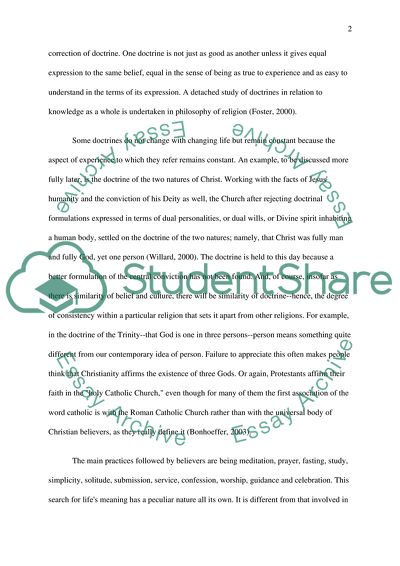Cite this document
(“Religious Belief versus Intellectual Acceptance Essay”, n.d.)
Religious Belief versus Intellectual Acceptance Essay. Retrieved from https://studentshare.org/religion-and-theology/1723554-celebration-of-discipline-paper
Religious Belief versus Intellectual Acceptance Essay. Retrieved from https://studentshare.org/religion-and-theology/1723554-celebration-of-discipline-paper
(Religious Belief Versus Intellectual Acceptance Essay)
Religious Belief Versus Intellectual Acceptance Essay. https://studentshare.org/religion-and-theology/1723554-celebration-of-discipline-paper.
Religious Belief Versus Intellectual Acceptance Essay. https://studentshare.org/religion-and-theology/1723554-celebration-of-discipline-paper.
“Religious Belief Versus Intellectual Acceptance Essay”, n.d. https://studentshare.org/religion-and-theology/1723554-celebration-of-discipline-paper.


